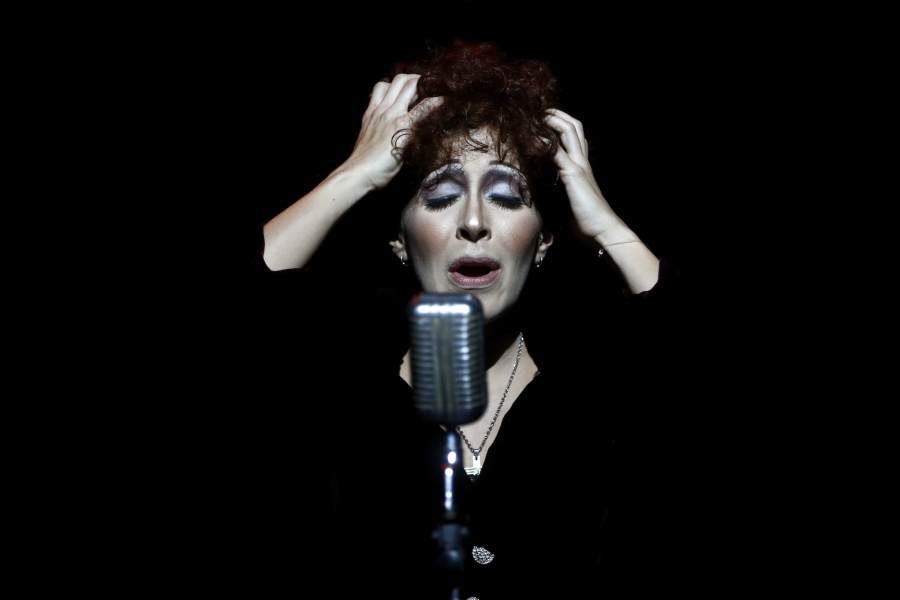

Mariaca Semprún is no stranger to musical theatre: in Venezuela, she's known as "the Queen of Musicals." An artist as popular as she is versatile, Semprún has acted in productions from Vivo and Aire to The Sound of Music and Fiddler on the Roof. She's also appeared in opera, film, and television productions, picking up a number of international awards and nominations.
I’m going to do nine shows in Spanish, and three in English. It’s the first time that I’ll act in English, actually.
Did you find that challenging at all: to switch between languages?
Yeah, of course. French for me was a real challenge because it was the first time that I’ve sung in that language. But English is closer for me, because I have my family living here, so it’s closer for me, the language, than French is. So I had to study a lot, like twice a month, just the songs, with a French coach. And it’s been a great experience, because the first show was for the French Ambassador in Venezuela. And he was very happy and proud.
Edith Piaf is such a larger than life figure. Was there anything daunting about stepping into that role?
Well, in a way, yes, because it’s a very physical life to act. I mean, she had a lot of pain in her life. She was a girl from the streets; she was the daughter of a street performer. She didn’t have enough love in her life, so she converted that into music, in songs, in the star that at the end, she was. I mean, it’s magic how a person who lives in the streets, may be years later, a big, big star, and the voice of France. It’s like an icon of the country. It’s big. And when she was a child, the first song that she learned was "La Marseillaise," the French national anthem, which is the magic thing that I think converted her from no one to a star, a whole world star. For me it’s a big challenge, because her health was very bad, so she had this sickness, and it affects the way that she walks, her hands, the way that she sings. So I had to work a lot on the body, the way she walks, the way she moves, and of course her singing. It’s hard - it’s complex music. It’s not only the French, it’s difficult music to sing.
It looks like you undergo quite a physical transformation from the beginning of the show to the end. Could you tell us a little bit about that?
Well, in the beginning, she’s a child. The play is about her life: it starts when she’s only a child, and then you discover how she made the transition from the streets to cabaret, then she made concerts, then she lived in New York for a long time, so she started to record her music in English. So you can see everything of it in the play: the whole story of her life, through the songs. From the beginning - from ten years old - to the end, when she was an old lady - quote - (laughs) of 47 years. And I sing about eighteen songs, all of them in French, except four in English.
I wanted to ask, do you have a favorite moment in the show?
Well (laughs) I don’t know. Maybe almost at the end of the show, because it’s recreating the last concert that she made in the Olympia Theatre in Paris, and “Milord” is a very emblematic song, where she talks about a guy who she invites to sit with her, and it’s a funny song. Maybe it’s my favorite moment.
Do you feel like you’ve learned anything about Piaf, or gained any insight into her personality, through performing this show?
Well, I think that the most important thing that I care about with her life is how she turned sadness into art. She turned her voice into a resistant weapon. She used art as a way to take refuge, to keep safe; because she was a singer while there was the second world war, so the political context was difficult for her. And singing was her way to represent herself. Maybe that’s the thing that I admire her for most, and as an artist, I think it’s my biggest lesson.
Piaf runs July 20-30 in Miami at the Colony Theatre. For more information visit: https://www.colonymb.org/piaf